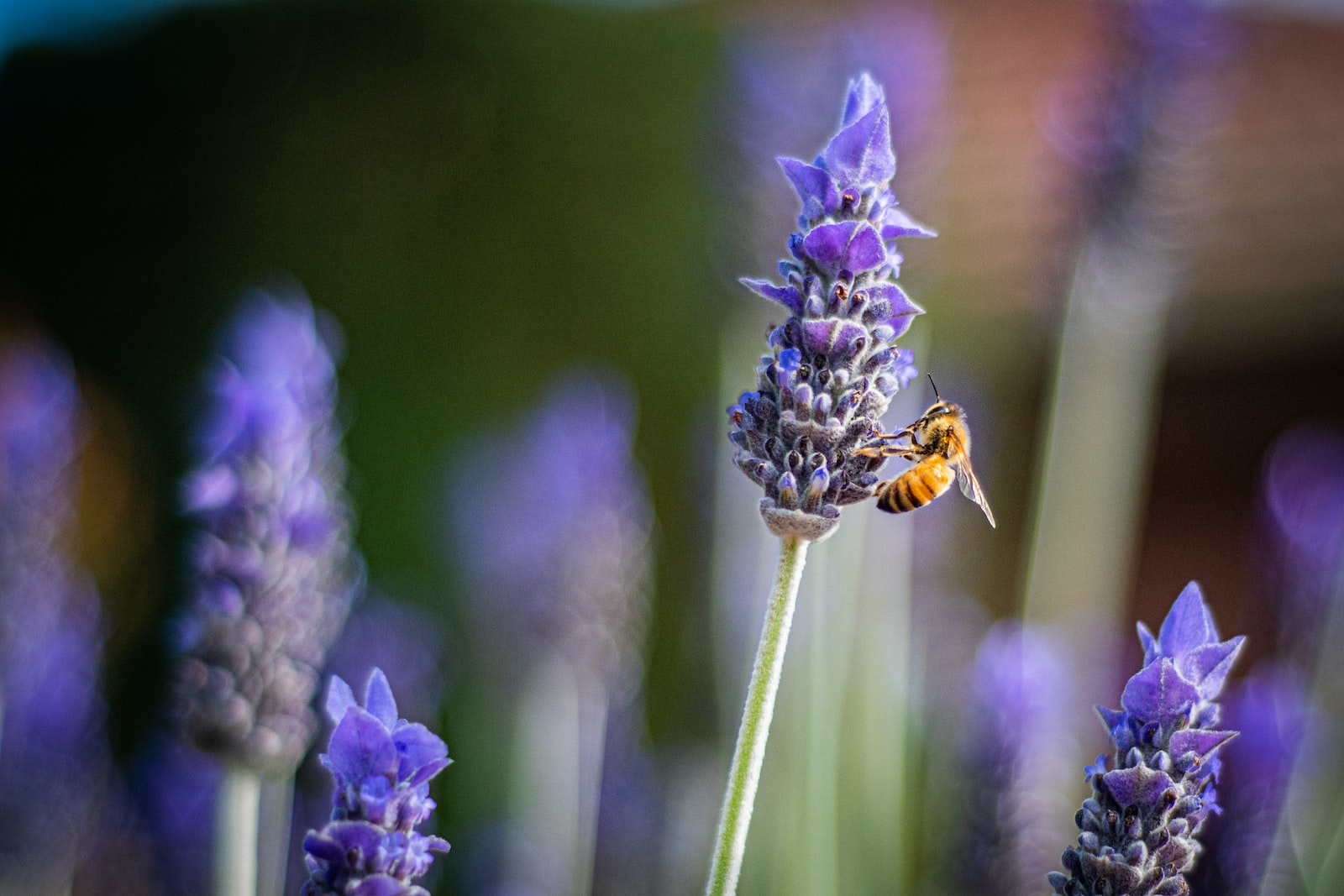UK approves bee-killing pesticide despite devastating impacts
The UK government has approved a bee-killing pesticide for the third year in a row, just days after the EU announced stricter regulations for the chemical.
Emergency use of the banned neonicotinoid pesticide thiamethoxam on sugar beet has been approved by Defra for 2023, but just a single teaspoon of the substance is enough to kill 1.25 billion bees.
Contrastingly, the Court of Justice of the EU (CJEU) announced that emergency authorisation of banned neonicotinoids was not in line with EU law only four days prior.
Three pesticides, including thiamethoxam, were banned in the UK and EU in 2018 due to the severe harms they cause for adult honeybees, pollinators and aquatic organisms.

The UK Expert Committee on Pesticides (ECP) has also advised against allowing the use of the substance and said emergency applications should only be granted once, which the government has ignored, approving the substance for a third time.
The Pesticide Collaboration, a coalition of academics, health, environmental and farming organisations and trade unions, such as Breast Cancer UK, Unite and Friends of the Earth, have criticised the decision.
Amy Heley, Public Affairs and Media Officer at the Pesticide Collaboration said: ‘In previous years, Defra insisted that the sugar industry must make progress in finding alternatives, but we are yet to see any outcomes of this. The Pesticide Collaboration is deeply concerned that this emergency derogation is simply another example of the government failing to follow through on their own pledges to improve the environment and protect human health.’
At COP15, the UK was vocal in its support for stronger pesticide reduction targets and in 2020 a pledge to reverse biodiversity loss was signed. But under policy in practice, the pesticide’s approval could decimate an already struggling bee and pollinator population.
There are also fears the potential overturning of thousands of environmental regulations and protections under the REUL Bill could result in weekend restrictions on neonicotinoids.
Matt Shardlow, CEO of Buglife, said: ‘This has been going on far too long. By Defra’s own admission the benefits of using these seed treatments have been wildly overestimated, neonicotinoid use on crops routinely damaged the environment without providing any significant benefit to crop yields.
‘Pesticide legislation has been devised to protect humans and the environment, but UK ministers have been using it to protect the profits of agri-industry, we are deeply concerned with what will follow if the REUL Bill passes into law and removes parliamentary control of pesticide laws, turning them into easily amended or disposed of ministerial diktats.’
Photo by Heather McKean















